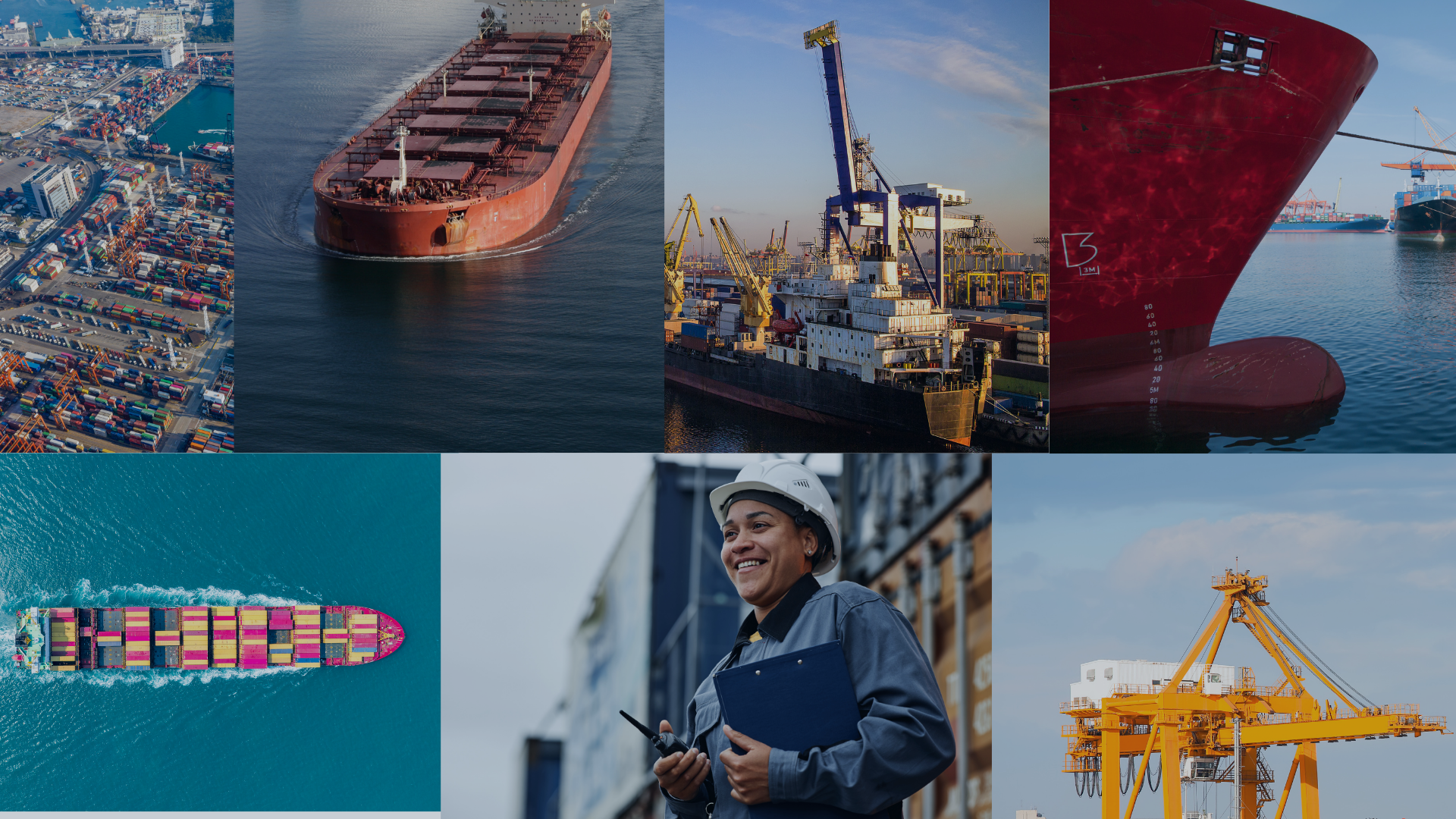As the world’s leading trade fair for logistics, mobility, IT, and supply chain management, “transport logistic” in Munich brings together the entire industry. Decision-makers, experts, and innovators gather here to discuss the latest trends and developments and explore business opportunities.
Last week I had the honor to attend this event on behalf of Kaleris. As a Product Marketer, my focus is not only customer appointments, but I also to attend sessions, listen to forum discussions, and attend other events on the broader agenda to stay current on the latest and greatest happenings in the supply chain industry.

Insights From the Showroom Floor
The exhibitor range at the show covers the branches of IT, telematic, e-business, telecommunications, intralogistics, warehouse management systems, auto ID and packaging, equipment for freight transport, services, freight transport and logistics. What makes this event so unique is that it brings together all parts of the supply chain and therefore enables discussions amongst all stakeholders and the pain points they face together.
A particularly interesting forum discussion for me was “Marilog – Shipping in times of global uncertainty: How geopolitics, tariffs and protectionism are a challenge to the industry”. This high-class panel was led by the German Maritime Journal DVZ and the panelists were the CEO of Hapag Lloyd (representing the stakeholder of ship operators), the CEO of HHLA (representing terminals), the chef analyst of Alphaliner, the CEO of Rhenus Group (representing freight forwarders) and the General Manager of ShiftX (representing the beneficial cargo owners). What was very prominent in the discussion is that all stakeholders strongly feel that they must network and co-operate to face the challenges in the quickly changing conditions to make reliable and secure cargo deliveries possible.
Each of the stakeholders needs to have basic knowledge about the business drivers and vulnerabilities of its neighbor stakeholder and how disruptions may affect their business operations. It is obvious that collaboration is nurtured by reliable relationships, common goals, respect for all other parties, and finally by a common view on data about cargo and assets throughout the process. All panelists agreed that visibility on cargo data, asset data and logistics processes enables all stakeholders to finetune their business in operations to align with the latest developments that have an impact on the supply chain.
Why adopt software solutions to optimize your operation now?
Changing conditions like the pandemic, geo-political conflicts, tariff wars or route blockages have a direct impact on stakeholders in the supply chain.. Port congestion, re-routing of any kind, missing cargo, lost cargo, container incidents, custom clearance problems and upcoming tight GHG regulations all impact transportation and delivery processes at various points in the supply chain. Due to tight schedules and asset disposition, demanding end customers and different business focuses, all stakeholders in the process need to constantly align with the previous and the following transportation modes during cargo transport.
This is exactly where Kaleris steps in. Kaleris empowers stakeholders in the supply chain to take control of their operations with the data necessary to navigate supply chain disruptions and challenges.
Kaleris’ software helps stakeholders to control and optimize critical supply chain workflows and gives them access to real-time data so that operational and business decisions can be made with confidence. Across all transportation modes, Kaleris’ solution offers cargo owners, freight forwarders, yard managers, ship operators and terminal operators the possibility to connect the processes and take a look at data from a single source of truth. Terminal , transportation , yard , and ship operations can all benefit from Kaleris’ comprehensive approach to enhance how supply chain partners collaborate with each other. This leads to unrivaled connectivity between ports, terminals, shipping lines, inland facilities, and shippers enabling an accelerated supply chain ecosystem.
Author

Selke Eichler
Marketing Director, Carrier and Vessel Solutions